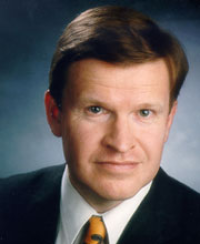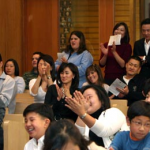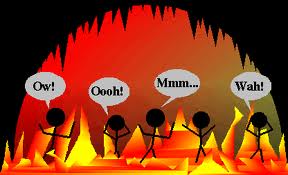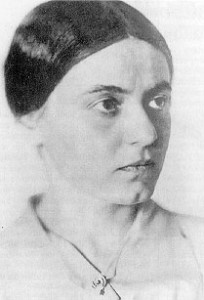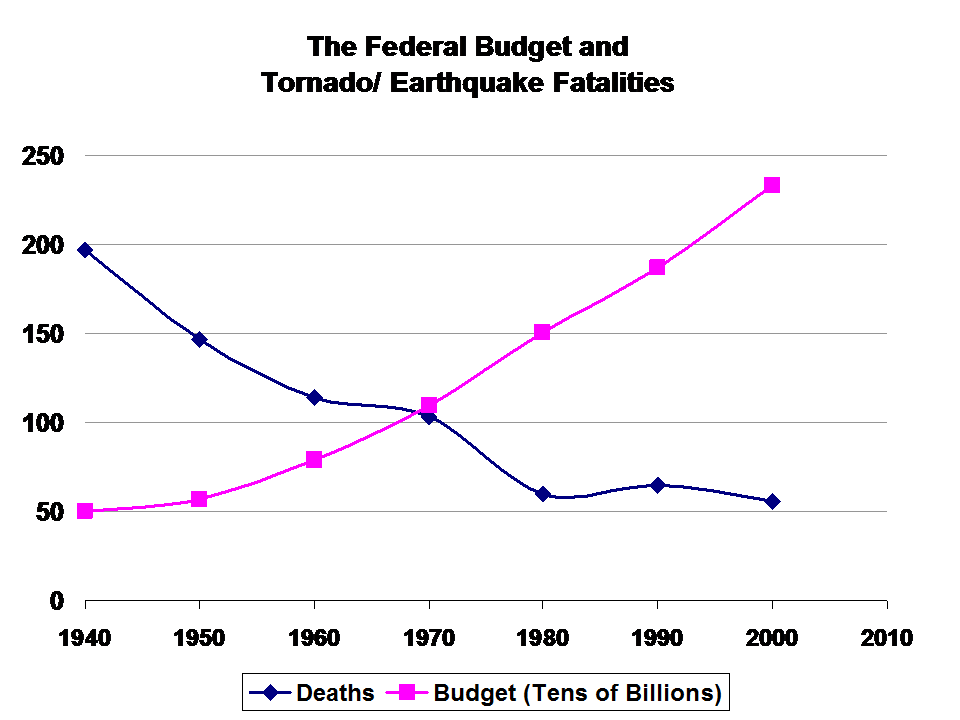How does one’s faith influence the intellectual vocation? In part, at least, by encouraging both deep questioning and seeking to be consistent in one’s thinking. The renowned economic historian, Professor Harold James of Princeton University, recently shared his thoughts with Princeton Professor Robert George, himself a renowned political theorist, on his faith and his work. The full interview appeared in the Daily Princetonian this week. I particularly liked how Professor James described the Christian vocation to be consistent in standing... Read more

